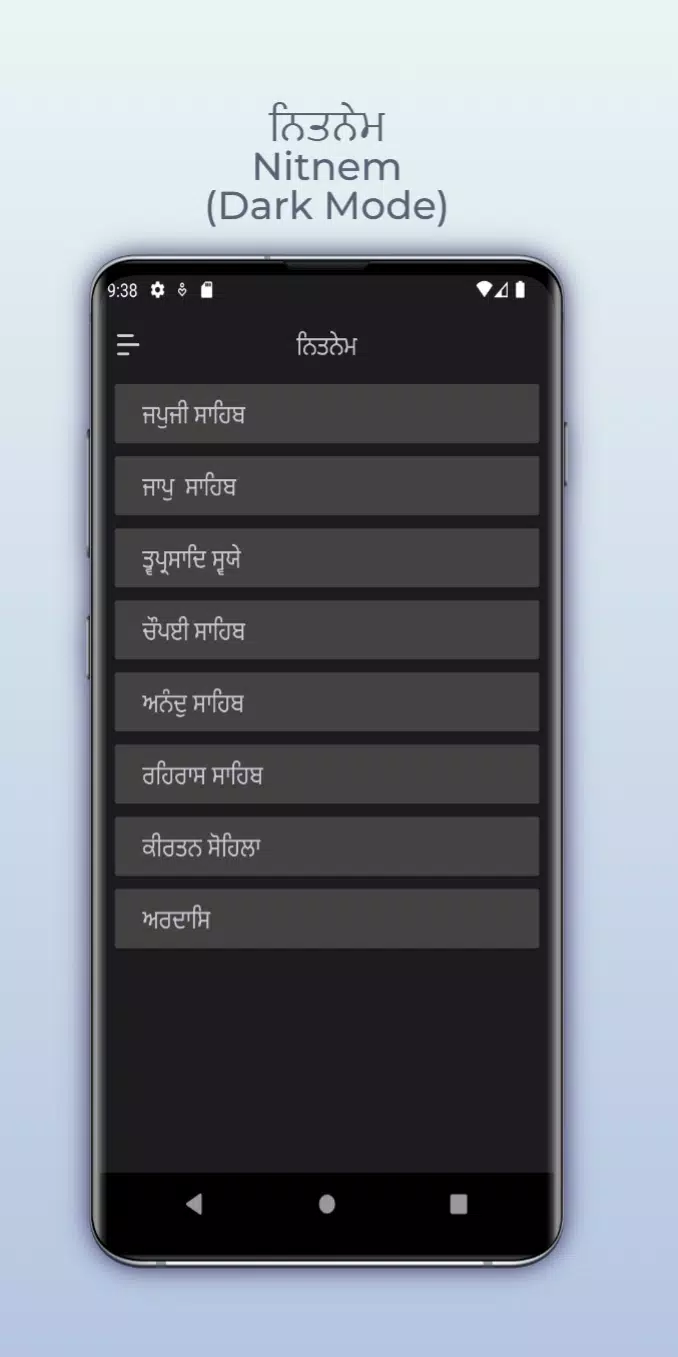Nitnem is a vital practice in Sikhism, embodying the daily recitation of specific hymns and prayers from the Guru Granth Sahib, the central religious scripture of the Sikh faith. The term "Nitnem" translates to "daily routine" or "daily practice," underscoring its essential role in the lives of devout Sikhs.
Nitnem serves as a spiritual anchor for Sikhs, offering a curated collection of hymns and compositions from various Gurus found within the Guru Granth Sahib. These sacred texts are recited at designated times throughout the day, much like performing specific tasks on a console, providing structure and rhythm to spiritual life.
The practice of Nitnem is fundamental for Sikhs to forge a deep and continuous connection with the divine. It reinforces spiritual discipline, fostering devotion, humility, and mindfulness in their daily lives. By engaging in Nitnem, Sikhs strengthen their spiritual journey and commitment to their faith.
Nitnem prayers are recited during specific periods, which may vary among different Sikh traditions. Common prayers include "Japji Sahib," "Jaap Sahib," "Tav-Prasad Savaiye," "Anand Sahib," "Rehras Sahib," and "Kirtan Sohila." These prayers are integral to the daily spiritual routine of Sikhs.
The practice of Nitnem holds profound spiritual and moral significance in Sikhism. It helps Sikhs focus their thoughts on the teachings of the Gurus, promoting virtues such as humility, gratitude, and selflessness. Regular recitation of these hymns is believed to purify the mind and soul, facilitating spiritual growth and a deeper connection with the divine.
In essence, Nitnem acts as a spiritual console, central to the daily spiritual routine of Sikhs, guiding them towards a life of devotion and enlightenment.
Screenshot










































